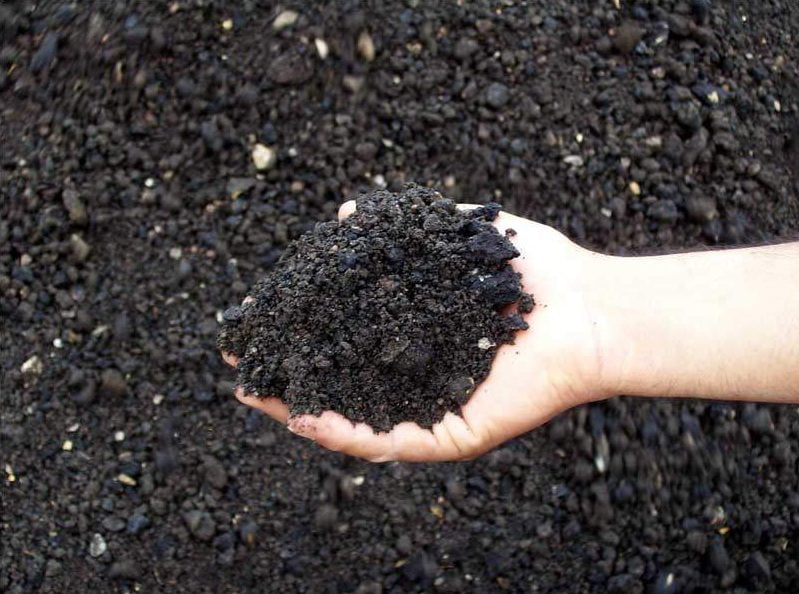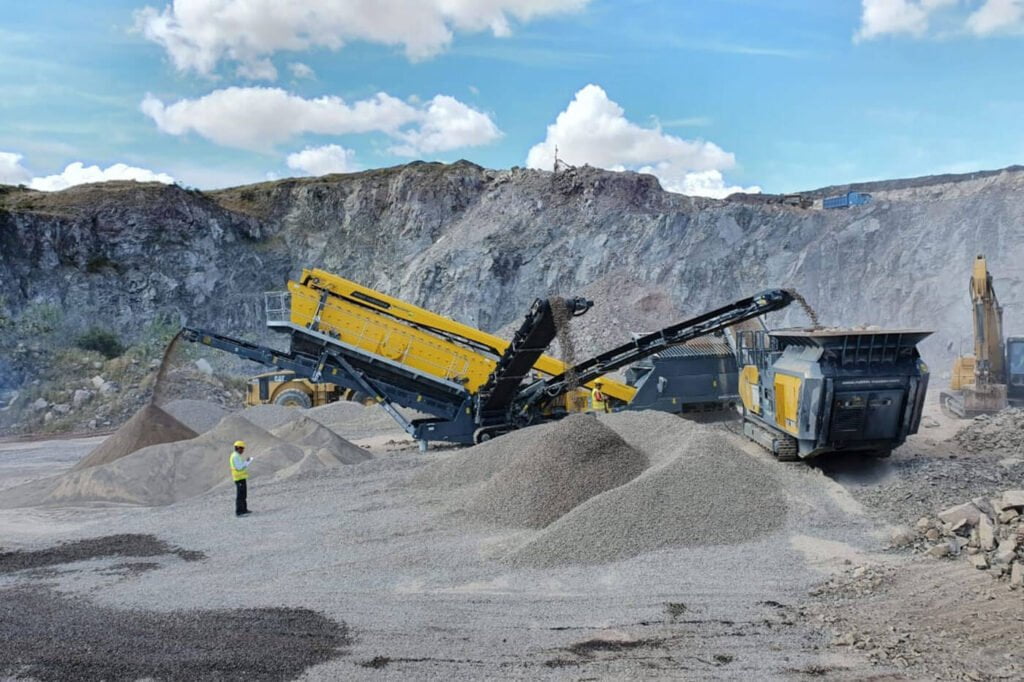
Reclaimed Asphalt Pavement (RAP) is a sustainable solution that is gaining traction in modern road construction. This recycled asphalt product is produced by grinding up and reusing old asphalt pavement, and it offers numerous benefits over virgin asphalt, including reduced landfill waste, extended pavement system life in some instances, and lower costs. In this article, we will dive into what RAP is, how it’s produced, and how it can be part of a sustainable approach to road construction. We will also discuss the benefits and challenges of using RAP in road construction, as well as providing a future outlook for RAP in road construction.
What is reclaimed asphalt pavement (RAP)?
Reclaimed Asphalt Pavement (RAP) is an eco-friendly solution for road construction that involves recycling old asphalt pavement instead of using virgin materials. RAP is produced by milling or crushing old pavement to create recycled bitumen, which can be used as a base for new pavement or as an additive in new asphalt mixes.
Sustainability is becoming increasingly important in road construction, and RAP plays an important role in promoting sustainable practices. By reducing the need for virgin materials, RAP reduces landfill waste and conserves natural resources. Additionally, RAP has been found to extend the life of pavement systems, reducing the need for replacement and repair.
Compared to virgin asphalt, RAP requires less energy and emits fewer greenhouse gases during production. This makes RAP a more sustainable solution for road construction, aligning with circular economy principles.

Benefits of Using Reclaimed Asphalt Pavement (RAP) in Road Construction
The use of Reclaimed Asphalt Pavement (RAP) in road construction offers numerous benefits, making it an increasingly popular choice for sustainable road construction practices. Here are some of the main benefits of using RAP:
1. Reduces Need for Virgin Materials:
RAP reduces the need for virgin materials, such as new aggregates and bitumen. This reduces the environmental impact of road construction and conserves natural resources.
2. Extends Life of Pavement Systems:
The use of RAP can extend the life of pavement
systems, reducing the need for costly repairs and replacements. This results in
significant cost savings over the long term.
3. Durable and Long-Lasting:
RAP can be a durable and long-lasting material that can withstand heavy traffic and harsh weather conditions. This reduces the need for frequent maintenance and repairs, resulting in further cost savings.
4. Promotes Circular Economy Principles:
The use of RAP promotes circular economy principles by recycling old pavement and reusing it in new construction projects. This reduces waste and conserves natural resources.
Challenges and Limitations of Using Reclaimed Asphalt Pavement (RAP)
While the use of Reclaimed Asphalt Pavement (RAP) in road construction offers many benefits, there are also some challenges and limitations that need to be considered. Some of these include:
1. Quality Control:
The quality of RAP can vary depending on factors such as age, source, and processing. This can make it difficult to ensure consistent quality and performance in the final product.
2. Compatibility with New Materials:
RAP may not always be compatible with new materials used in road construction. This can make it difficult to achieve the desired performance and durability in the final product.
3. Limited Supply:
The availability of RAP can be limited in some areas, making it difficult to use as a primary material in road construction projects.
4. Environmental Concerns:
While the use of RAP can reduce the environmental impact of road construction, there are also some environmental concerns associated with its use, such as the potential for leaching of contaminants from old pavement.
Despite these challenges and limitations, the use of RAP in road construction remains a promising approach to sustainable and cost-effective road construction. By addressing these challenges and working to improve the quality and consistency of RAP, the construction industry can continue to advance the use of this valuable material in new and innovative ways.
The construction industry has a critical role to play in advancing the use of RAP and promoting sustainable road construction practices. By embracing the use of recycled materials and promoting circular economy principles, we can help to reduce our environmental impact and build a more sustainable future.
To learn more about the latest developments in road construction and sustainable materials, we encourage you to sign up for our newsletter and visit TEC’s LinkedIn page for more industry updates and insights.
Image sources: Sripath Technologies, Chapman Crushing







